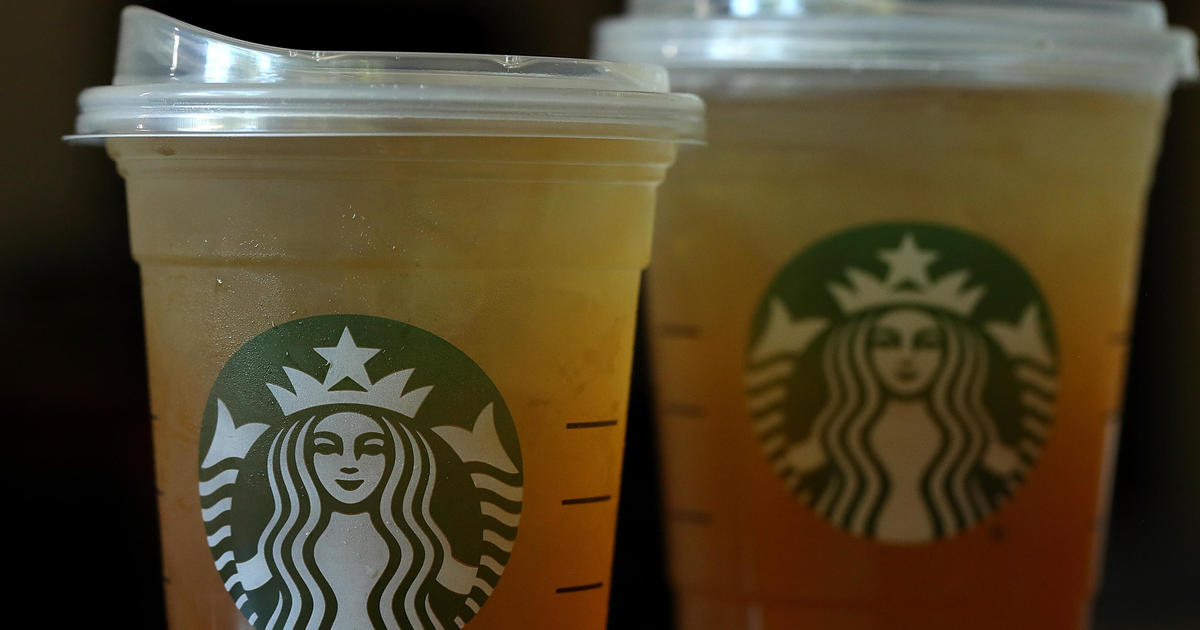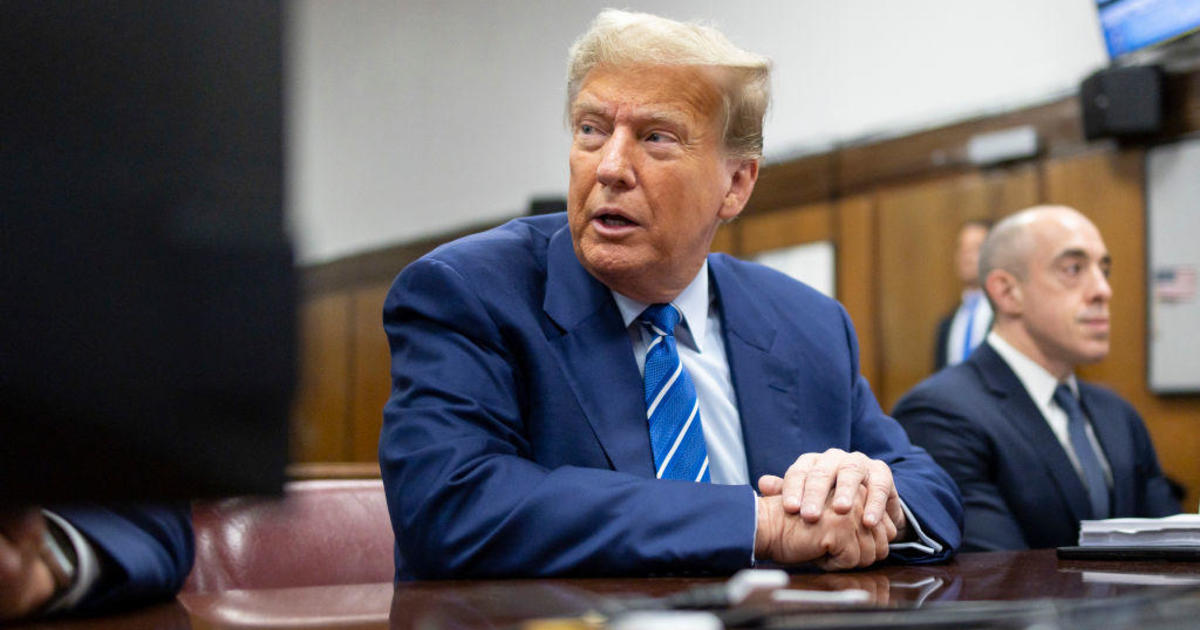New York set to adopt aggressive emission reduction goals
New York would adopt the nation's most aggressive emission reduction goals under a proposal worked out by state leaders and endorsed by the state Senate Tuesday night.
Under the legislation, New York would generate 100% of its electricity from renewable sources by 2040 and reduce greenhouse gas emissions by 85% by 2050. The bill requires the remaining 15% to be offset through practices intended to remove carbon from the atmosphere, such as the planting of trees.
The bill would also create intermediate-term goals and mandate regular progress reports to ensure emission reductions are on track to meet the target.
"We have a long way to go," said Sen. Todd Kaminsky, a Democrat from Long Island and the bill's sponsor. "But if we don't all agree that this is necessary and important to do, then it's going to be a lot harder."
The state Assembly, run by Democrats like the Senate, was expected to vote on the bill Wednesday.
Democratic Gov. Andrew Cuomo, who negotiated the proposal with top lawmakers, said it would give New York the nation's best plan to address the causes of climate change.
"Climate change is the issue of our lifetime, frankly," Cuomo said on public radio Tuesday morning. "I want the most aggressive goal in the country... I don't think that we have a realistic option."
Once approved, New York's emissions reduction targets would surpass those set in other states, including California and Hawaii, which have both pledged to generate 100% of their energy from renewable sources by 2045. Cuomo had already set some of the targets through administrative regulation, but putting them in state law would make it harder for future administrations to weaken the mandate.
Hitting them will require the state to accelerate the development of renewable energy sources such as wind and solar while also encouraging greater energy efficiency. The bill would create working groups tasked with coming up with recommendations for reducing specific sources of emissions, such as vehicles.
Environmental advocates who pushed for the proposal called it a good start but cautioned that more work is needed.
"We hope the commitment we won for New York encourages other states to follow our lead in setting economy-wide, legally mandated emissions targets," said NY Renews, a coalition of 180 different environmental and community groups that had pushed for the bill. Still, the coalition wasn't completely satisfied, and criticized Cuomo and lawmakers for dropping some provisions from the bill, including one that would have set aside more funds for workforce training for green energy jobs.
Some took a harder line. Eric Weltman, senior organizer at Food & Water Watch, blamed Cuomo for "watering down" the bill, which he said should have included provisions such as an outright ban on new fossil fuel power plants and pipelines.
"This legislation would move New York in the right direction, but much too slowly," he said. "The climate crisis demands that New York do more and faster to move off fossil fuels."
The provision allowing companies to use offsets to meet emissions goals is a victory for the Business Council of New York State, the state's largest business organization. Darren Suarez, director of government relations for the organization, said that requiring businesses to eliminate 100% of carbon emissions — without allowing for offsets — could have forced some companies to leave New York.
"This legislation proposes to refocus the entire economy," Suarez said. "There is a significant amount at stake."
Republicans in the Senate argued in vain against the bill, which they warned could lead to lost jobs and higher energy prices.
"I can't in good conscience go back to the people I represent and say this is going to be in their best interest," said Senate Minority Leader John Flanagan, Republican from Long Island.
Meanwhile, lawmakers were involved in last-minute negotiations over proposals that would legalize marijuana, but with the session expected to end later this week, time may be running out.
While there's broad support for legalization, lawmakers haven't come to an agreement on provisions that would expunge decades of past criminal records of people charged with pot possession and whether communities disproportionately impacted by decades of the war on drugs should get a greater share of revenue from pot taxes. Another question involves whether counties (or possibly cities and towns) should be allowed to opt out of hosting a pot dispensary, or whether local communities should instead have to opt in.
Lawmakers have crafted different bills in the hopes of striking the right compromise. But so far, no one proposal seems to be gaining traction. Lawmakers had planned to adjourn Wednesday, but could stay later in the week if they believe they're close to a deal that could pass.
"Different people think different things on the number of members who are ready to support it," Cuomo said on public radio Tuesday morning.
A bill unveiled earlier this week would eliminate most remaining criminal penalties for personal pot possession and use and includes a provision allowing people with pot arrests on their record to seek expungement.
The Democratic-controlled New York legislature has been approving several liberal priorities during its legislative session. On Monday, the New York Senate passed the "Green Light Bill," which is designed to give undocumented immigrants the right to a driver's license. Last week, the Assembly passed the bill, which had the support of Cuomo.
CBS New York reports Cuomo signed the bill into law, making New York the 13th state in the U.S. to allow people without legal immigration status to obtain a driver's license.
A recent poll released by Siena College showed more than 50% of New Yorkers surveyed were against allowing undocumented immigrants to get driver's licenses. It's an especially contentious issue in some suburban communities where critics say the legislation is a path to citizenship.



